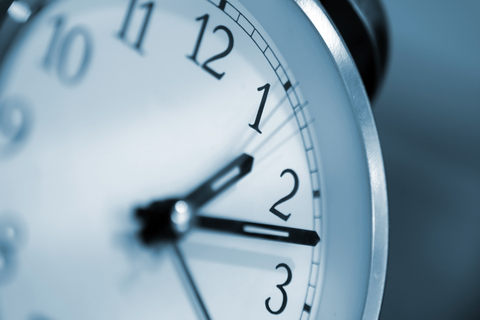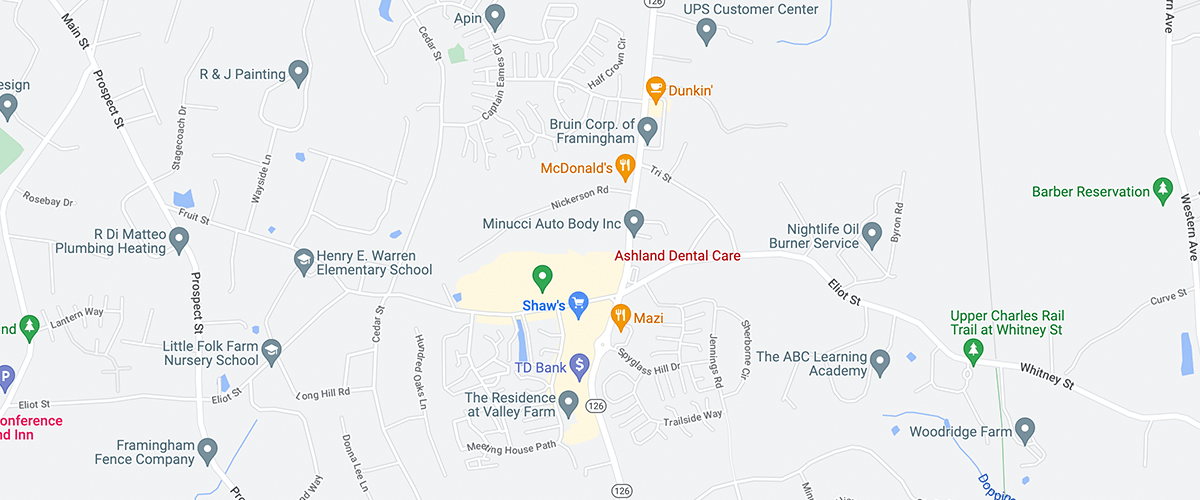Are My Child’s Baby Teeth on Schedule?
October 13th, 2021

Your darling three-month old is crying and fussy—can she be teething already? Or, your happy baby boy has just celebrated his first birthday—with only one tooth in that beautiful, gummy smile. Is this normal? Probably! While baby teeth do typically erupt (come in) in the same order for all babies, and around the same time, there is still a lot of flexibility in the time it takes for a full, healthy smile to develop.
Baby teeth actually form before your baby is born, and those 20 teeth are there under the gums waiting to come out and shine. And even though there are no firm and fast dates for each of these primary teeth to erupt, it’s helpful to have a general overview of typical teething patterns so you know what to look forward to.
Incisors
These little teeth create a charming baby smile, and, if your finger has been in the wrong place at the wrong time, a very sharp one as well! That is because these tiny incisors are made to bite into foods. You might notice this when you introduce solid foods, even if the majority of your child’s “chewing” is done with her back gums. These teeth are the earliest to arrive.
- Six to ten months old: The lower central incisors (bottom front teeth) are often the first to come in.
- Eight to 12 months old: The upper incisors (8-12 months) are the next to show.
- Nine to 13 months old: The upper lateral incisors on each side of the front teeth arrive.
- Ten to 16 months old: The lower lateral incisors appear.
First Molars
Because these are larger teeth, babies often experience another bout of teething pain at this time. The large flat surface of each molar helps your child to chew and grind food, so he can handle a wider variety of foods and develop his chewing skills.
- 13 to 19 months old: You can generally expect to see the upper first molars arrive.
- 14 to 18 months old: The lower first molars appear.
Canines (Cuspids)
Fitting between the first molars and the incisors, the strong, pointed shape of the canine teeth allows your child to grip food and break it apart more easily.
- 16 to 22 months old: The upper two canines make their way into the space between the incisors and the first molars.
- 17 to 23 months old: The two lower canines appear.
Second Molars
By the age of three, most children have a full set of baby teeth.
- 23 to 31 months old: The second pair of bottom molars start erupting—you are in the home stretch!
- 25 to 33 months old: The upper second molars come in—completing that beautiful set of 20 teeth!
Baby teeth are extremely important, as our doctor will tell you when you visit our Ashland office. They help your child eat and chew, develop face and jaw muscles, assist proper speech formation, and provide space for the adult teeth to come in properly. Now that your child’s smile is complete, keep providing him with the same care and attention you have been giving those little teeth since the arrival of the very first incisor.
It seems that so much of new parenthood is scheduling—when to feed her, when to put her to bed, how many hours between naps. But we soon find out that every baby is not on the same schedule, and the same is true for the arrival of their teeth. We should see your baby when that first tooth comes in, or by his or her first birthday. And if you ever have concerns at any time about your child’s teething schedule or teething delays, always feel free to give us a call.



